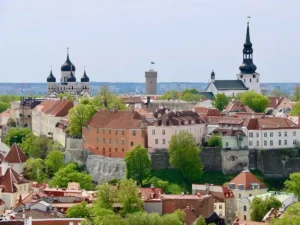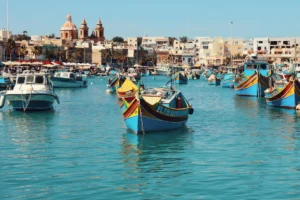The traditional concept of vacation is undergoing a transformation. Expensive trips to faraway countries are gradually being replaced by a growing trend: discovering the city you already live in.
The term staycation — a blend of stay and vacation — has become a global phenomenon by the summer of 2025. As inflation rises, currency values fluctuate, and climate concerns increase, many people are opting to stay closer to home and plan simple yet fulfilling holidays.
So why has the staycation become so popular? Who prefers this type of holiday, and how does it impact the local economy?
Why is Staycation on the Rise?
1. Economic Challenges
Post-pandemic economic recovery has significantly increased global travel costs. In summer 2025:
- Hotel prices have risen by 15% worldwide
- Average flight prices are 7% higher than in 2024
- Tourist and city fees have raised vacation costs by up to 10% in major European cities
(Mastercard Economics Institute 2025)
2. Time Constraints and Work-Life Balance
As remote work becomes common and personal responsibilities increase, people have less time for long trips. Staycations allow for shorter breaks — sometimes even just a weekend — without the hassle of travel.
3. Environmental Awareness and Sustainability
Air travel is among the biggest contributors to carbon emissions. Staycation offers an eco-friendly holiday alternative. Among Gen Z and Millennials, 34% choose local holidays due to environmental concerns.
(Airbnb Summer Trends 2025)
Global Statistics and Trends
As of 2025, the global staycation market has reached a value of $837 million USD. The market is expected to grow by 8.2% annually until 2033.
(Market.us 2025)
- In the U.S., 57% of people not traveling abroad plan to enjoy local parks, museums, art events, and culinary experiences.
- Cities like Tokyo, Berlin, and Toronto report up to 18% higher bookings in city-center hotels and boutique venues due to domestic tourism.
Impact on the Local Economy
Staycation is not only cost-effective for individuals but also revitalizes local economies. Small businesses — cafes, museums, yoga studios, local tour operators — are reporting increased activity.
According to Airbnb, 49% of summer 2025 bookings involve “local experience” packages. Small business revenues have increased by 22% in cities with high staycation activity.
(Airbnb Insights 2025)
Conclusion: A New Definition of Vacation
Staycations represent a mindful and minimalist way of enjoying life. People are shifting their vacation priorities — from exotic destinations to peace, sustainability, and connection.
This model not only benefits travelers financially and emotionally, but it also supports local economies. As global trends suggest, staycations are here to stay — and grow.


















